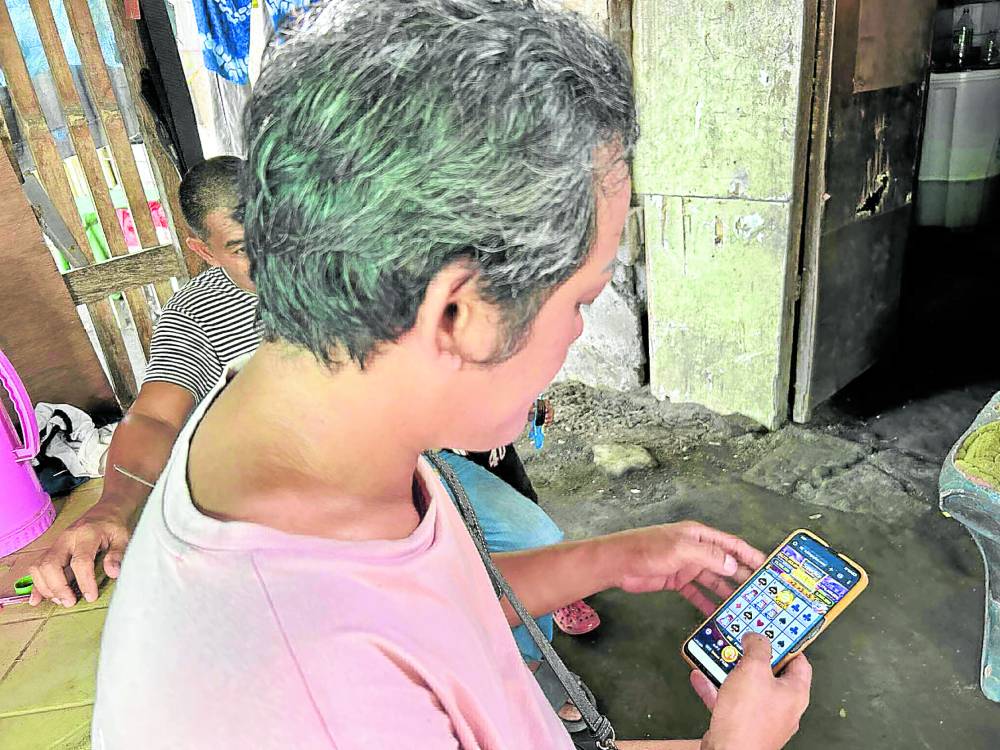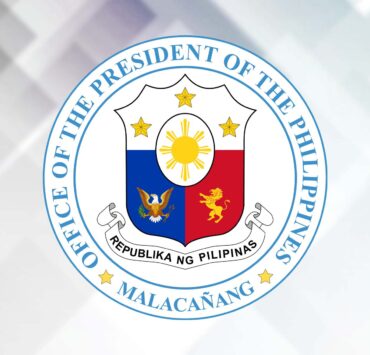BSP: E-wallets must ‘unlink’ from e-gambling sites

The Bangko Sentral ng Pilipinas (BSP) has ordered all e-wallets to remove in their platforms all links to online gambling sites within 48 hours.
During the Senate committee on games and amusement’s hearing on Thursday, BSP Deputy Governor Mamerto Tangonan said they particularly instructed e-wallet platforms to remove their in-app features promoting or allowing users to access e-gambling sites.
However, as pointed out by Sen. Sherwin Gatchalian, gamblers will still be able to bet using these e-wallet platforms by directly accessing e-gambling sites on their mobile phones or computers.
The two biggest e-wallet apps dominating the market are GCash, which is owned by Globe Telecom, and Maya, previously known as PayMaya that now operates both as a mobile wallet app and a BSP-supervised digital bank.
In January this year, GCash reported 81 million active users, while Maya Bank said it had 5.4 million customers as of the end of 2024.
In a statement issued late Thursday, the BSP said it has issued a directive to all its supervised institutions to remove links providing in-app gambling access from their payment apps and websites.
Covered by the memo are e-wallets, banks (through their payment apps and websites), and other supervised entities.
Suspended in-app gambling access includes any product, service or feature that redirects an account holder to a gambling site.
The suspension will remain in place until the BSP finalizes the policy on online gambling payment services.
“We share the BSP’s commitment to ensuring that digital financial services are used responsibly and in ways that protect the welfare of Filipinos. Once we receive the official directive, we will immediately enforce the necessary changes to ensure compliance and safeguard our users,” GCash said.
Separately, Maya said: “The update will be implemented in line with the BSP’s guidance.”
Immediate action
Senators, however, were not pleased with the two-day grace period, demanding that it be done right away.
Sen. Alan Peter Cayetano, who appeared displeased with the timing of the BSP’s order, asked Tangonan: “Why do we need 48 hours? Isn’t that instant? When I say remove that today, doesn’t the technical staff of e-wallets know that?”
Cybercrime Investigation and Coordinating Center acting executive director Renato Paraiso, who was asked by Cayetano about the matter, said it can be done right away.
But Tangonan said they only wanted to give ample time for e-wallets to remove the links to the e-gambling sites and for consumers to withdraw their money from their online gaming accounts.
Apart from Cayetano, panel head Sen. Erwin Tulfo likewise questioned the BSP’s 48-hour order.
“So on Saturday we in this committee can expect that games would no longer be linked in these e-wallet platforms? So on Sunday morning, we will no longer see games on e-wallets and if I see anything I will cite you for contempt. Can I do that?” Tulfo said in Filipino.
Tangonan agreed to be cited for contempt should e-wallets’ links to e-gambling sites be not removed by the end of Saturday.
Ban or regulation
Several lawmakers earlier filed bills aimed at regulating or banning online gambling in the Philippines, citing its growing harm to vulnerable sectors, particularly minors.
Gatchalian, on July 1, 2025, filed a bill seeking to ban gambling sponsorships of public events and campaign donations and require regulators to allocate a portion of collected regulatory fees to set up gambling addiction rehabilitation centers.
It also sets a minimum cash-in requirement and prohibits the use of GCash to discourage impulsive and easy access to gambling platforms and raises the age of players from 18 to 21.
Sen. Juan Miguel Zubiri also filed another bill, the Anti-Online Gambling Act of 2025, that seeks an outright ban on all digital betting platforms, mobile apps and websites in the country.
On July 8, Sen. Risa Hontiveros filed a bill seeking to ban online gambling access in e-wallets and super apps.
In her measure, Hontiveros specifically wants all individuals aged below 21 to be banned from online gambling platforms and prohibit the advertisement of online gambling in public spaces, tri-media, and social media.
Aside from lawmakers, the Catholic Church has strongly opposed online gambling.
Catholic Bishops’ Conference of the Philippines president and Kalookan Bishop Pablo Virgilio David has condemned it as a “moral and social crisis” targeting the youth through easy access, enticing wins, and celebrity endorsements.
Additional measures
In response to the heightened scrutiny into the e-gaming sector, the BSP last week also said it was in the final stages of crafting tighter payment regulations aimed at curbing online gambling addiction and shielding Filipinos from the financial harm it can cause.
The new regulations will include enhanced identity verification protocols such as biometric checks and facial recognition to ensure that only eligible individuals are able to use their funds for gambling.
The BSP also plans to implement daily transaction limits and time-based restrictions on gambling-related payments to help prevent excessive losses and impulsive behavior.
The rules will also require the availability of user tools that allow individuals to set personal spending caps or take voluntary breaks from gambling.
Ad billboards must go
Online gaming firms should have also completely removed all their outdoor advertisements as of today, Aug. 15, following an order from the gambling regulator. (See related story in Business)
The Philippine Amusement and Gaming Corp. (Pagcor) issued a memo last month ordering the operators of online gaming platforms to immediately take down their billboards and other gambling-related out-of-home advertisements.
In the first half of 2025, the country’s gaming industry reported gross gaming revenues (GGR) of P214.75 billion, up 26 percent from P171 billion in the same period last year, Pagcor said.
The electronic games sector—composed of E-Games, E-Bingo, and Bingo grantees—accounted for P114.83 billion or 53.47 percent of total GGR, according to Pagcor chair Alejandro Tengco.
Data presented by Tulfo during the Senate hearing also showed that there are 11,985 illegal online gambling sites in the country, of which 6,363 are online casino games, 235 are offshore sites, and 4,815 are “e-sabong.” —WITH A REPORT FROM INQUIRER RESEARCH

















